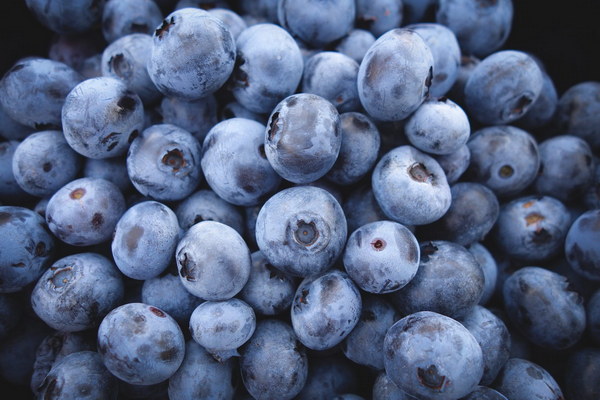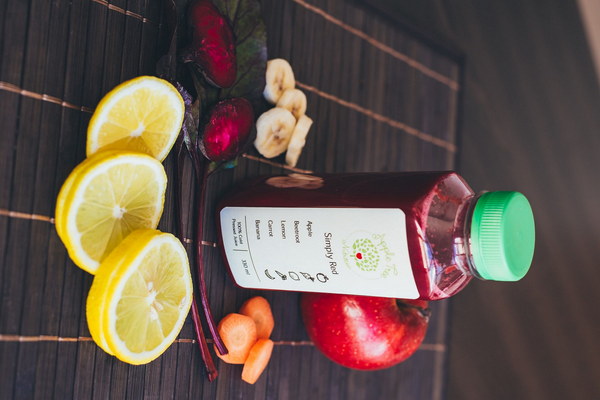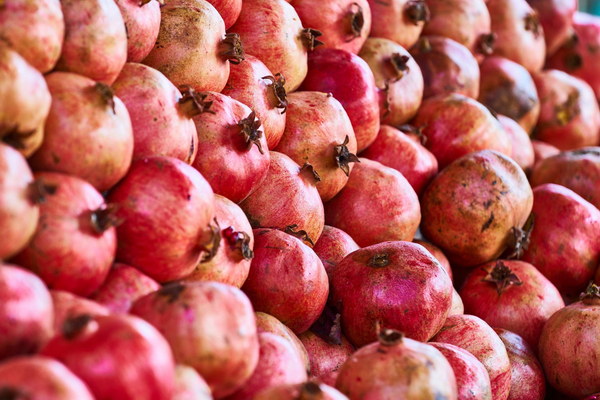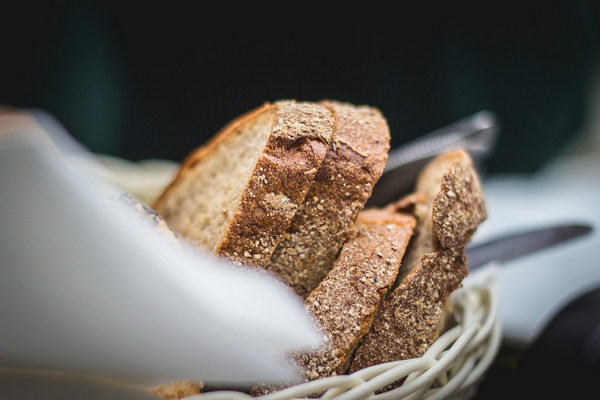How to Complement Nutrition for Postpartum Women A Comprehensive Guide
Postpartum recovery is a critical period for new mothers. Adequate nutrition plays a vital role in ensuring a healthy and swift recovery. However, it can be challenging to determine the right foods and supplements to meet the specific needs of postpartum women. This article provides a comprehensive guide on how to complement nutrition for postpartum women, ensuring they receive the necessary nutrients for their bodies and minds.
1. Hydration is Key

Proper hydration is essential for postpartum recovery. During pregnancy and childbirth, the body loses a significant amount of fluids, so it's crucial to replenish them. Water helps in milk production, digestion, and elimination of waste products. Aim to drink at least 8-10 glasses of water daily, and consume hydrating foods such as fruits, vegetables, and soups.
2. Protein for Strength and Repair
Protein is vital for muscle repair, tissue growth, and breast milk production. Postpartum women should aim to consume about 75-100 grams of protein per day. Good sources of protein include lean meats, poultry, fish, dairy products, eggs, legumes, nuts, and seeds. Including protein in every meal and snack can help meet the increased demand.
3. Iron for Energy
Iron deficiency is common among postpartum women, leading to fatigue and weakness. To prevent iron deficiency anemia, consume iron-rich foods such as lean red meat, poultry, fish, legumes, fortified cereals, and dark leafy greens. Pair these foods with vitamin C-rich foods, like oranges, strawberries, and bell peppers, to enhance iron absorption.
4. Calcium for Bone Health
Calcium is crucial for bone health and milk production. Postpartum women should aim to consume about 1,000 milligrams of calcium per day. Good sources of calcium include dairy products, fortified plant-based milks, leafy greens, almonds, and sardines. If you're not getting enough calcium through diet, consider a calcium supplement after consulting with a healthcare provider.
5. Folic Acid for Baby's Development
Folic acid is essential for fetal development, especially in the first trimester. Postpartum women should continue to consume folic acid to support their own health and prevent neural tube defects in future pregnancies. Good sources of folic acid include leafy greens, legumes, fortified cereals, and citrus fruits. A daily supplement containing 400-800 mcg of folic acid may be recommended by a healthcare provider.
6. Omega-3 Fatty Acids for Brain Health
Omega-3 fatty acids, particularly DHA, are essential for brain and eye development in infants. Postpartum women should aim to consume about 200-300 milligrams of DHA per day. Good sources of omega-3s include fatty fish (like salmon, mackerel, and sardines), flaxseeds, chia seeds, walnuts, and algae-based supplements.
7. Gentle Exercise and Relaxation
While focusing on nutrition, it's also essential to incorporate gentle exercise and relaxation techniques into your routine. This can help with digestion, reduce stress, and improve sleep. Consider postpartum yoga, walking, or light aerobics, but always consult with a healthcare provider before starting any new exercise program.
8. Personalized Approach
Every postpartum woman is unique, and their nutritional needs may vary. It's important to listen to your body and adjust your diet accordingly. Pay attention to any food sensitivities or allergies and consult with a healthcare provider or a registered dietitian for personalized advice.
In conclusion, a well-rounded diet that includes a variety of nutrient-rich foods is essential for postpartum recovery. By focusing on hydration, protein, iron, calcium, folic acid, omega-3s, and incorporating gentle exercise and relaxation, postpartum women can ensure they receive the necessary nutrients to support their health and well-being. Always consult with a healthcare provider for personalized advice and guidance during this critical period.









